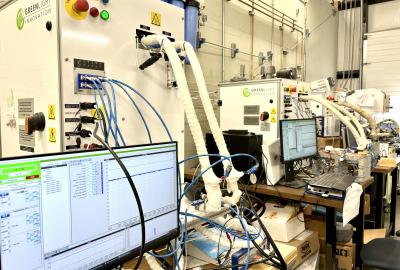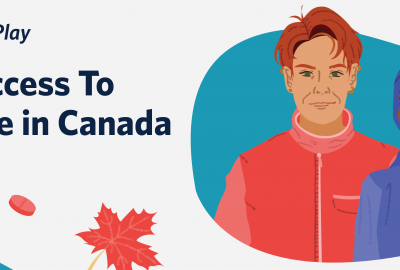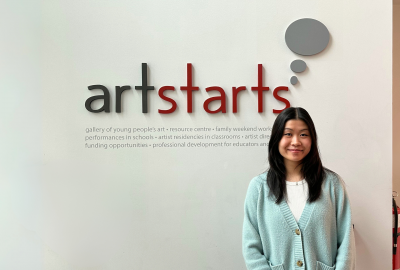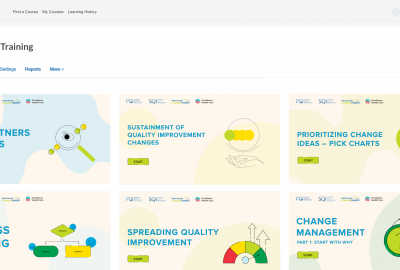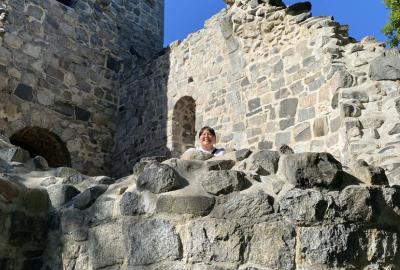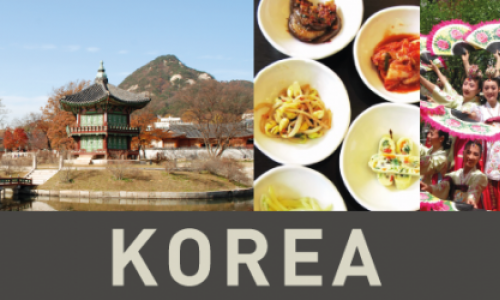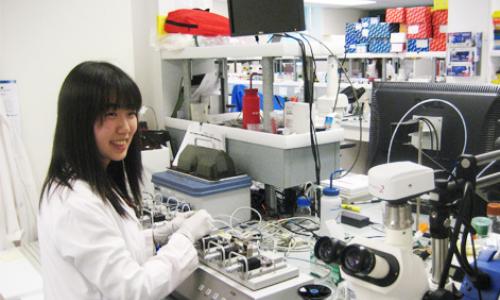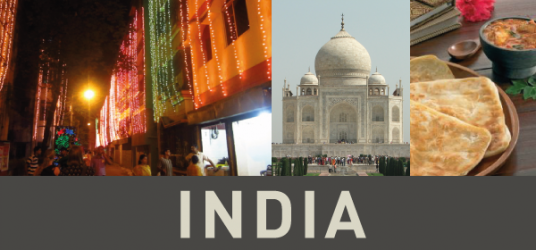
"India is, the cradle of the human race, the birthplace of human speech, the mother of history, the grandmother of legend, and the great grandmother of tradition. Our most valuable and most instructive materials in the history of man are treasured up in India only."
- Mark Twain, Author
Namaste! India mein aapka swagat hai!
Capital: New Delhi
Currency: Rupee
With a splash of colors embedded in a fervent and deep culture, where history seems to have no beginning and end, India nurtures her inhabitants. Tradition of tolerance and the togetherness/fusion seen in the family and racial harmony, add to the vitality and variety of Indian life and fundamental values inspire each generation.
Int’l Co-op Students’ Experiences in India
"Hence, an important life lesson that I have learned from this experience is that there are misconceptions about many countries that are traveled to around the world. You must experience the destination yourself to form your own opinion and find your own truth."
- Blog of 4 Health Sciences students, http://sfuhealthsciindia.blogspot.com/
Destiny Reflection
“My parents and friends asked ‘why India?’ What they didn’t understand was that it was a huge opportunity. They were not aware the company is the third largest of its kind in the world, that it would be my first experience in a working environment in my field and that I’d be one of the first SIAT Co-op students to go to India.”
- Matt Yigit Karakilic, Interactive Arts and Technology Graduate
SAP
“All in all, my international Co-op experience was great. My advice to other students who are considering doing a Co-op work term in India? Do it! There are easier places to travel to and definitely easier places to work in, but India is unique, amazing and definitely life-changing.”
- Kali Penney, Health Sciences Graduate
Socio Legal Aid and Research Training Centre (SLARTC)

Below are some points and cultural tips for you to be aware of when adjusting to a new culture and immersing in your Co-op work term. The following information is from the Canadian Intercultures website. For more details, click here.
-
Greetings: ’Sir’, ’Madam’, ’Mr.’ or ’Mrs’ are used frequently by Indians as an indication of respect for age and sometimes to reflect status. Do not address someone by their first name until they ask you to do so. The Indian greeting Namaste, with your hands clasped together in front of you as if at prayer, is an accepted greeting.
-
Shaking hands: Physical displays of affection between men and women – even among spouses - are considered unacceptable. Shaking hands with your male professional associates is expected; however, wait for a female associate to extend her hand to be shaken. Most women do not shake hands with men since physical contact is traditionally not acceptable between acquaintances of the opposite sex.
-
Attire: Men and especially women should dress conservatively. Many expatriate women who work here adopt the comfortable and acceptable salwar-kameez suit, an attractive outfit with a long, loose tunic and baggy pants.
-
Body Language: The nodding head gestures (head bobbling) can sometimes be confusing as it most often it simply means "I hear what you are saying."
-
Punctuality and Time: As a rule in most work places, people arrive on time and are punctual, unless faced by unavoidable circumstances such as illness or death in the family or a traffic accident or a breakdown of the vehicle he or she may have been travelling to work on.
-
Hierarchy: Most work environments in India are top down and employees are use to being given directions that they have to follow. Seniority, education and experience are highly valued. Qualities such as respect for local knowledge, respect for an individual’s age, patience, and understanding are equally important. Most importantly, never cause someone to lose face, especially in front of others
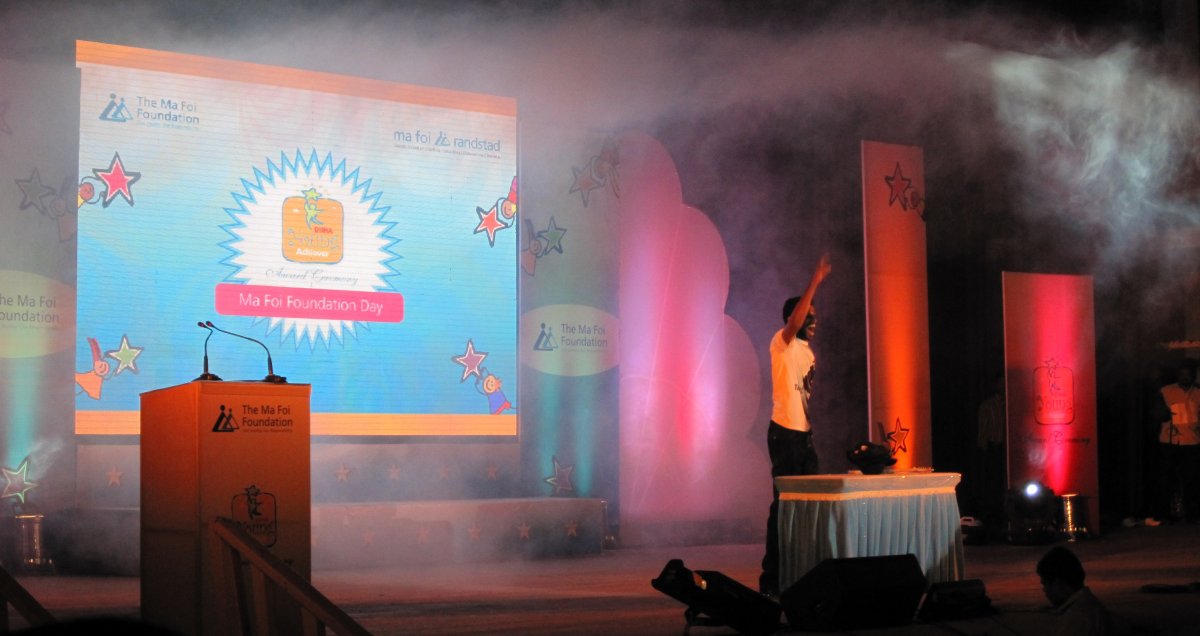
The following are some past Co-op employers that have hired SFU students. Check with the International Co-op office for other previous employers.
-
Destiny Reflection
-
Sap
-
Ogilvy Action
-
Tata Consultancy Services
-
The Ma Foi Foundation
This award is designed to assist students undertaking study or experiential learning in India. Awards are available for each semester. Applications are accepted on an on-going basis but must be completed prior to the start of the experiential learning opportunity.
Interesting Facts
-
The name 'India' is derived from the River Indus.
-
Chess was invented in India.
-
Algebra, Trigonometry and Calculus originated in India.
-
India has the largest number of Post Offices in the world.
-
It’s believed that the world's first university was established in Takshila in 700 BC.
-
The value of "pi" was first calculated by the Indian Mathematician Budhayana.
-
India has the world’s largest movie industry, based in the city of Mumbai (known as the “City of Dreams”). The B in “Bollywood” comes from Bombay, the former name for Mumbai.
-
The banyan, or Indian fig tree, is considered a symbol of immortality and is mentioned in many Indian myths and legends. This self-renewing plant is India’s national tree.
-
India is the world’s largest tea producer, and tea (chai) is its most popular beverage.
-
Indian food is filled with an assortment of spices and their popular dishes range from region to region: “Chapati”; a bread-like staple prepared with a variety of flours (North India), “Bombay Prawn & Pomfret, Goa, Dals, Achars, Vindaloo”; dishes that are popular in West India, “Puttu”; glutinous rice powder steam pudding in a bamboo shoot (South India) to name a few
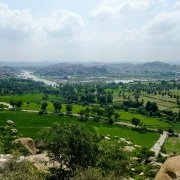
Traveling and exploring is part of the co-op experience! Below are some attractions and sights that are well-known and breathtaking. For additional attractions, please click here.
-
Angria Bank in Goa (World renowned diving site)
-
Taj Mahal
-
India Gate in Delhi
-
Elephanta Caves in Mumbai
-
Gandhi Museum in Madurai
-
Kerala Beaches
Namaste!
Beyond the Blog
-
Interested in pursuing an international co-op work term? Find out more on the International Co-op website




